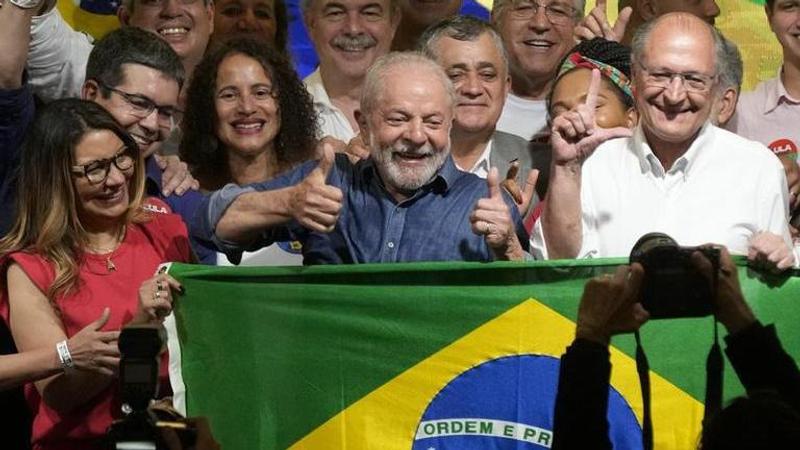Published 17:42 IST, October 31st 2022
After Brazil's presidential election win, Lula da Silva set to face several economic woes
Lula da Silva has won Brazil's presidential election, defeating incumbent Jair Bolsonaro. His primary challenge will be pressures Brazil's economy is facing.

Luiz Inácio Lula da Silva has won Brazil's presidential election, defeating the incumbent Jair Bolsonaro. This year's presidential election marked the most closely contested Brazilian election since 1989, the year in which Brazil returned to democratic elections. Lula da Silva, a politician from the left side of the ideological spectrum, won 50.9% of the votes whereas the incumbent, right leaning Jair Bolsonaro, won 49.1% of the votes. The election has been described as a "knife's edge contest" by the Brazilian media.
Lula da Silva was not allowed to contest in the last Brazilian presidential election, which was held in 2018, because he was in jail and had been barred from standing for office. The courts found him guilty of receiving bribes from a Brazilian construction company "in exchange for contracts with Brazil's state oil company Petrobras," as per a report by BBC. He was the president of Brazil from 2003-2010. The corruption scandal was commonly known as Lava jato in Brazil, which translates into 'operation car wash'. Despite managing to win the election, Lula da Silva faces a tough road ahead as Bolsonaro's party has succeeded in winning a significant number of congressional seats and is now the largest party in both chambers.
Brazil's economy is the primary challenge for Lula
Brazil is a nation with one of the highest gini-coefficients in the world, which means Brazilian society suffers from high levels of income inequality. In one of his speeches, Lula said that, "In Brazil, 33 million people don’t have enough to eat. We managed in the past to get Brazil off of the world map of hunger. But hunger is back," as per a report by the Financial Times. According to an analysis by OECD, the labour market has not recovered yet, the participation rate and real labour income still remain below what it used to be before the pandemic.
Lula's predecessor, Bolsonaro initiated an energy subsidy programme to protect consumers from steep spikes in prices but this has resulted in limited fiscal space for the government, at a time when the government faces challenges of malnutrition and poverty. If Lula attempts to continue the energy subsidies, the government will end up breaking its own fiscal ceiling. Brazil is not a country that can afford fiscal indiscipline as the combined public and private debt load in Brazil already exceeds 90% of the GDP. A structural challenge for Brazil, according to the World Bank, is its overreliance on commodity exports, which makes the Brazilian economy susceptible to the volatility in commodity prices.
Image: AP
Updated 19:35 IST, October 31st 2022




